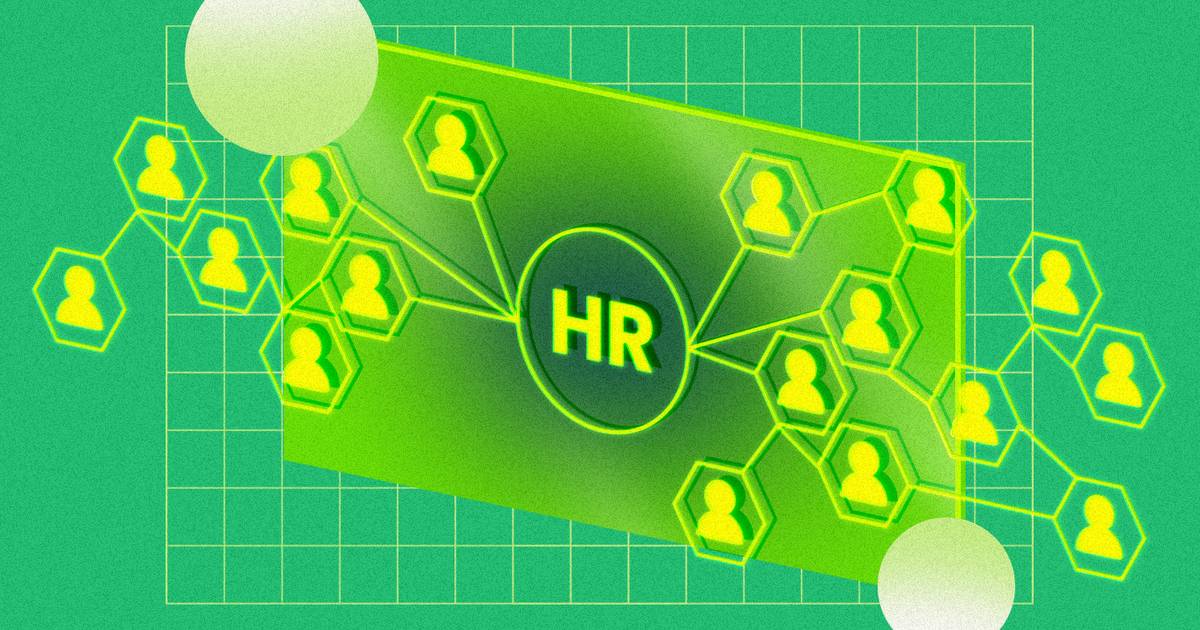
Quick-to-read HR news & insights
From recruiting and retention to company culture and the latest in HR tech, HR Brew delivers up-to-date industry news and tips to help HR pros stay nimble in today’s fast-changing business environment.
The Society for Human Resource Management (SHRM) announced Monday that it’s partnering with ETS, an education and talent platform, on a new “skills-based talent ecosystem” to help HR teams better assess their workforce’s skills and prepare them to deliver in a skills-based economy.
This partnership combines ETS’s assessment tools with “individualized career insights” for employees, personalized learning and upskilling recommendations, and skills insights for managers and HR leaders. A new SHRM certification will also help HR better understand skills-based talent-management needed for the future of work.
“There are lifelong learners who need to demonstrate not only what they know—and upskill and reskill over time—but also to be able to show what they can do,” Michelle Froah, ETS’s global chief marketing and innovation officer and SVP of corporate solutions. “What we’re focused on is advancing the science of measurement, but why? To power human progress.”
The solution will allow HR teams to measure employee skills, and offer recommendations to help them use insights from assessments.
“If you think about the outcomes that HR professionals are focused on, it’s a more efficient and effective flow of talent, longer retention, less cost in recruiting and hiring again, and, frankly, a more satisfied workforce,” she said, suggesting that with a skills assessment and upskilling, HR pros can better use existing talent to achieve business outcomes.
SHRM brings HR best practices on skills-based hiring and talent development to the partnership.
“Upskilling and reskilling is not just a technical effort, it’s a profoundly human one,” SHRM CEO and President Johnny C. Taylor said on Monday at SHRM’s 2024 annual conference. “We need to create a standardized, universal, validated approach to assessing skills of all workers, and we will upskill the HR professionals on how to use these skills [data].”
Zoom out. According to ETS’s 2024 Human Progress report, 75% of respondents globally believed their current skills would grow outdated as technology continues to evolve.
“A skill-based economy is on everyone’s minds,” Froah said.
Useful skills data is especially needed in the emerging AI-powered economy, as the shelf life of skills becomes shorter. And when it comes to durable skills—sometimes referred to as soft skills—like collaboration, persistence, and creative thinking, assessing proficiency is difficult.
“Those skills that are harder to measure,” Froah said of durable skills, “those are really the skills that people need, especially in the workforce, to be effective and continue to upskill and reskill throughout their career.”










